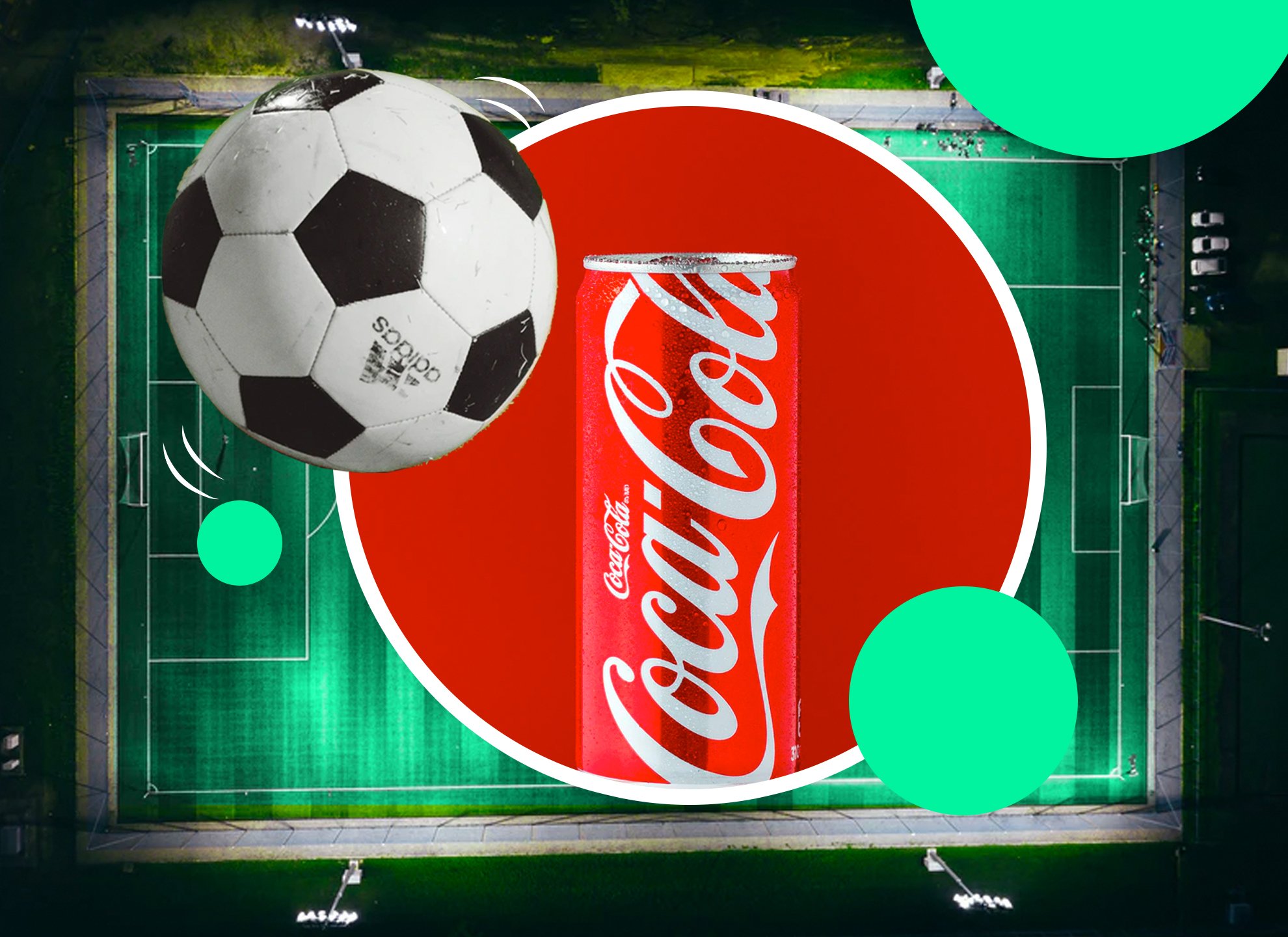Posted on June 25, 2021
Updated on March 10, 2023
2 min read time

In November 2020, Zlatan Ibrahimović and Gareth Bale (backed by 300 prominent footballers) alleged EA Sports had not duly consulted them in the use of their image in their sought-after video games. EA Sports claimed their agreements with his football club, AC Milan, entitled them to act as they did.
In May 2021, the ever-lucrative National Collegiate Athletic Association (NCAA) was incensed by the decision of five American States to allow amateur, college athletes to monetise their image, names or likeness. In other words, student athletes can now profit from endorsement deals. To date, students have played unremunerated.
Most recently, Cristiano Ronaldo and Paul Pogba eschewed the marketing props placed by the Euro 2020’s corporate sponsors, much to European football’s governing body’s displeasure (UEFA). A UEFA representative claimed sponsor proceeds fund the event.
So… is there some sort of trend emerging? Might these events be harbingers of a shift of power from institutional brands to personal brands?
Social media has certainly given athletes an unprecedented platform to build their own brand assets. Look no further than Ronaldo. His astounding half a billion followers across social media dwarf his club’s 44m followers (Juventus FC) and UEFA’s 74m. Does that mean that third party brands should be striking endorsement deals directly and exclusively with sportsmen and sportswomen?
As things stand today, the vast majority of players are drawn into endorsements through their contracts with their clubs or associations with the sporting leagues they play in. Players can then engage sponsors over and above that so long as they do not conflict with their institutional commitments. In a backdrop of a booming Influencer economy, is it sustainable or even shrewd to continue deprioritizing the individual in favor of one-size-fits-all models?
Building a brand takes diligence as well as careful planning and execution. Every brand needs to put in place an action-oriented roadmap that corresponds with how people feel and think about them. We believe it is ill-advised for these athletes to delegate decision-making power to an overarching institution with diverging interests.
If nothing else, Ronaldo and Pogba’s rebellion was nothing more than a statement that players’ personal brands must be accounted for by the institutions they represent, and the endorsements they agree with third party brands. Marketing incumbents favor the pre-eminence of institutions in these agreements. After all, isn’t a collective approach fairer to players who aren’t the fabulous few who command world audiences?
In his book Anarchy, State and Utopia, Robert Nozick (the famous 21st century libertarian philosopher) argues that it’s morally permissible for resources to flow unevenly to the actual creator of wealth. Referencing LA Lakers basketball star, Chamberlain, he posits that basketball fans could pay the main attraction of the event directly for the right to watch the game.
The current state of sports sponsorships revives this debate. Are sporting institutions obstructing free market forces in sponsorship deals? People pay to see sports’ stars, not the clubs they represent, so the structure and fruits of sponsorships should favor personal brands, it could be argued.
The US Supreme Court seems to agree they should. In relation to the NCAA court case, a Justice compared the NCAA’s restrictions on student athlete compensation to “labor price fixing”, commenting that “it [price-fixing labor] is ordinarily a textbook antitrust problem because it extinguishes the free market in which individuals can otherwise obtain fair compensation for their work”.
What do you think? Is it fair for sport sponsorships to give precedence to individuals over the collective? Is it even a question of justice? Are we witnessing the start of an irrevocable shift of power from corporate sporting institutions to sporting stars? The latest developments in the examples we opened will indicate the power of personal brands might be too strong to be contained by the institutions they represent.
For more on Brand Management, read our post on The Importance of Brand in Commercial Performance.
Our intelligent platform will take your brand further, faster.
Don’t believe us?
© 2020-2023 ProQuo AI International
All rights reservedWebsite by Blend